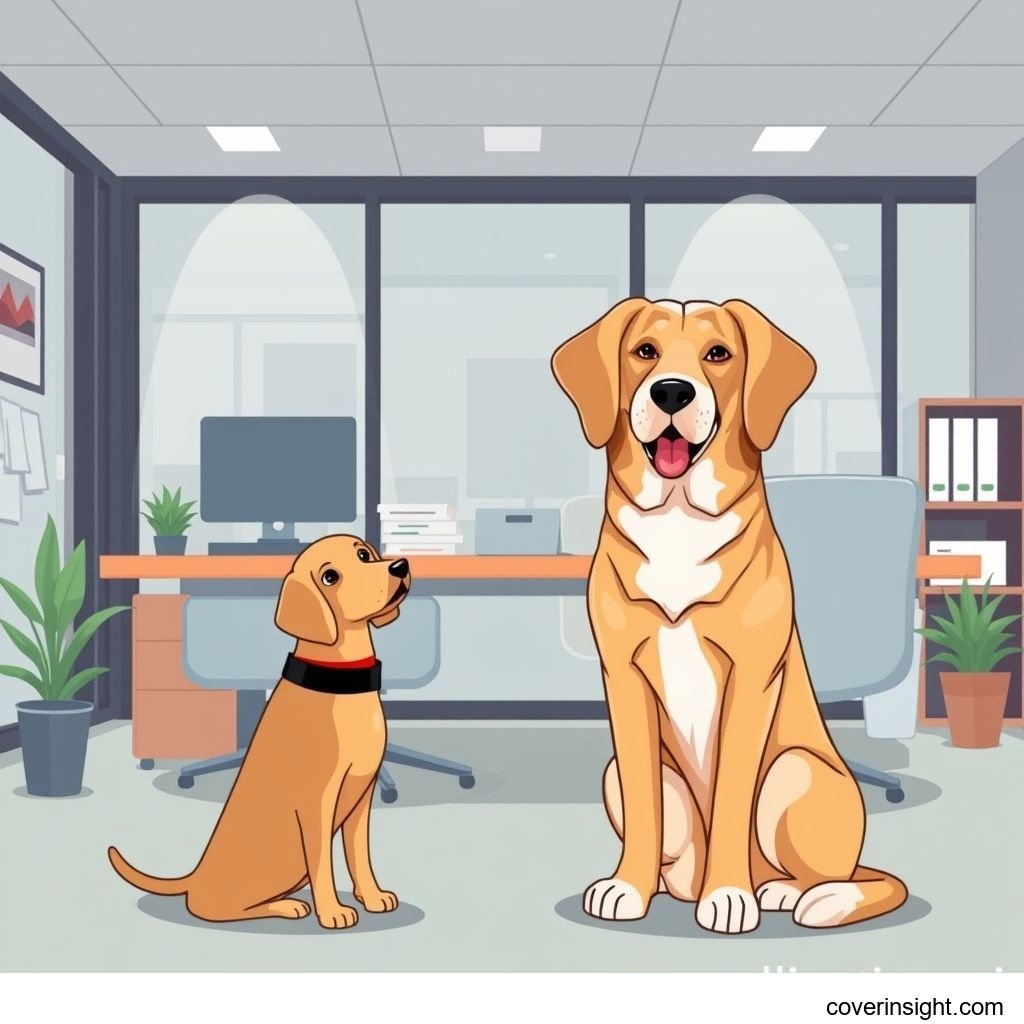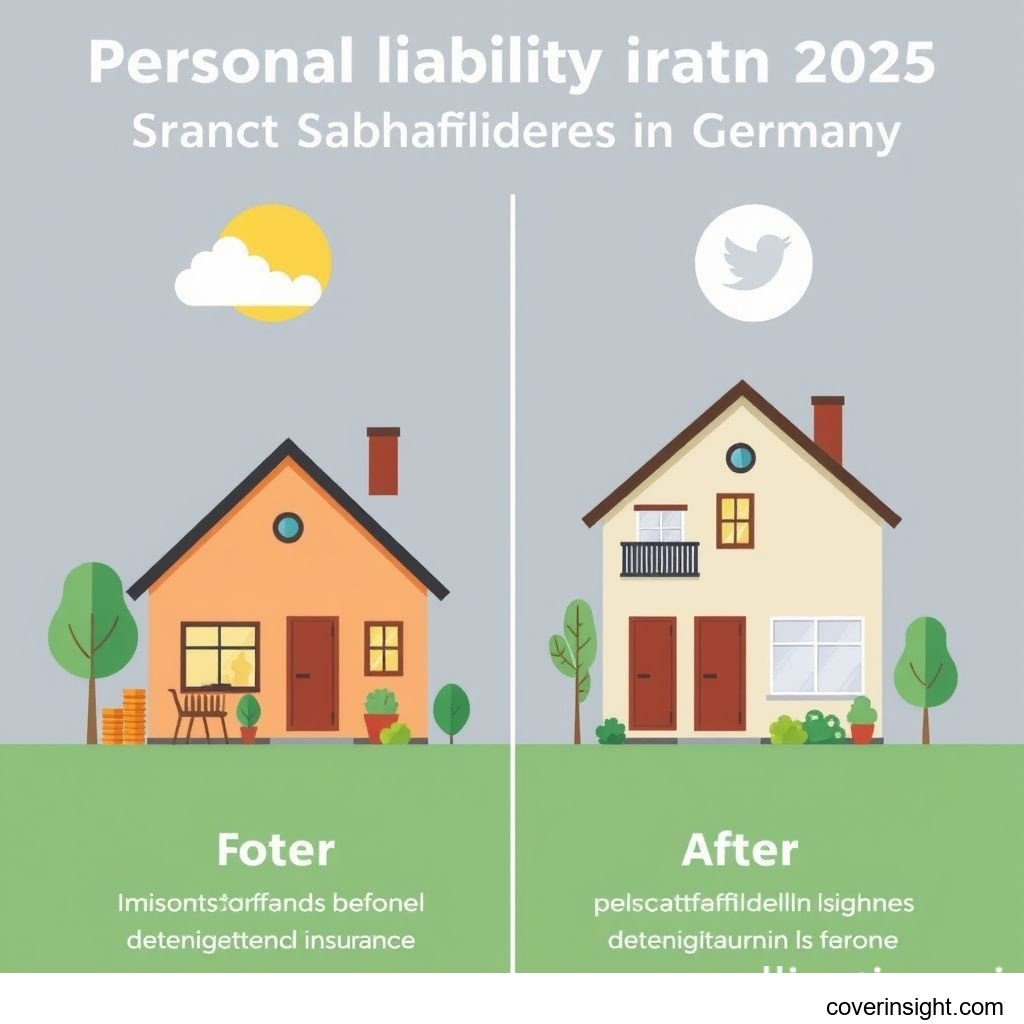Tierkranken: Lebenslange Deckung NRW, NI, RP 2025
Introduction
Niedersachsen, a vibrant state in Germany, plays a significant role in the country's economic and cultural landscape. As we approach 2025, the conversation around pet health insurance, particularly lifelong coverage in regions like Niedersachsen (NI), Nordrhein-Westfalen (NRW), and Rheinland-Pfalz (RP), becomes increasingly relevant. For many German households, pets are cherished family members, and ensuring their well-being, even into old age, is a top priority. This article explores the nuances of lifelong pet health insurance, highlighting what it entails for pet owners in these key German states.
Coverage Details
Choosing the right pet health insurance is crucial, as it can significantly ease the financial burden of unexpected veterinary bills.
What’s Included
Lifelong pet health insurance policies typically offer comprehensive coverage designed to support your pet through all stages of life, including their senior years when health issues often become more prevalent. Most plans cover a wide range of veterinary services, such as diagnostics (X-rays, MRI, lab tests), surgical procedures (including anesthesia and follow-up care), inpatient hospital stays, and medication prescribed by a veterinarian. Some premium plans might also include routine check-ups, vaccinations, parasite treatments, and even alternative therapies like acupuncture or physiotherapy, provided they are recommended by a vet. For instance, if your dog in NRW suddenly develops an autoimmune condition requiring ongoing specialist care and expensive medication, a robust lifelong policy would typically cover these recurring costs, ensuring you don't have to "den Gürtel enger schnallen" just to keep your pet healthy.
Common Exclusions
While comprehensive, pet insurance policies do have common exclusions. Pre-existing conditions—illnesses or injuries that your pet had before the insurance coverage began—are almost always excluded. This is why it’s often advised to insure your pet when they are young and healthy. Cosmetic procedures, breeding-related costs, behavioral issues (unless caused by an underlying medical condition), and elective procedures that aren't medically necessary are also typically not covered. Furthermore, many policies have waiting periods for certain conditions, meaning you cannot claim immediately after purchasing the policy. It’s vital to thoroughly read the terms and conditions, essentially putting the policy "auf Herz und Nieren prüfen," before committing.
Cost Analysis
Understanding the factors that influence the cost of pet health insurance and how to potentially save money is key for pet owners.
Price Factors
The premium for pet health insurance in Niedersachsen, NRW, or RP is influenced by several factors. The most significant include your pet's species (dogs are generally more expensive to insure than cats due to higher typical vet costs), breed (certain breeds are predisposed to specific health issues, leading to higher premiums), age (older pets are riskier to insure), and pre-existing conditions. Furthermore, the level of coverage you choose—basic accident-only versus comprehensive lifelong plans—will directly impact the price. Deductibles and reimbursement percentages also play a role; a higher deductible or lower reimbursement percentage can lead to lower monthly premiums but means you pay more out-of-pocket when a claim arises. According to recent data from the GDV (German Insurance Association), the average cost of veterinary treatment has been steadily rising across Germany, making these insurance considerations all the more pressing.
Saving Tips
There are several strategies to potentially reduce your pet insurance costs. Firstly, insuring your pet when they are young and healthy often secures lower premiums for life. Opting for a higher deductible can lower your monthly payments, but be prepared for a larger out-of-pocket expense if a claim is made. Many insurers offer discounts for multiple pets or for annual payments instead of monthly installments. Additionally, inquire about wellness packages or preventive care add-ons that might bundle routine care at a discounted rate. Before making a decision, it's always advisable to compare quotes from various providers. For more general advice on financial planning and insurance, you might find useful information through Insurance Resources Global.
FAQs
-
How much does Niedersachsen pet insurance cost? The cost varies widely based on your pet's breed, age, species, and the level of coverage. While a cat might cost €20-€40 per month, a large dog could range from €40-€100+ for comprehensive lifelong coverage.
-
What affects premiums? Key factors include your pet's breed, age, species, location, chosen deductible, reimbursement rate, and the breadth of coverage.
-
Is it mandatory? In Germany, pet health insurance is not mandatory at a federal level. However, some states, like Berlin, have made third-party liability insurance for dogs compulsory. Pet health insurance remains optional but highly recommended for peace of mind.
-
How to choose? Compare different policies, assess your pet's specific needs, consider your budget, and read reviews. Pay close attention to coverage limits, exclusions, and the claims process. Consulting trusted sources like the BaFin - Federal Financial Supervisory Authority or the GDV - German Insurance Association can offer further guidance on reputable providers and regulations. For more localized information on German insurance, check out DE Insurance Home.
-
Consequences of no coverage? Without pet health insurance, you are solely responsible for all veterinary costs. This could lead to significant financial strain in the event of a serious illness or accident. Consider the real-world case of Bella, a Golden Retriever in Osnabrück, Niedersachsen. She suddenly developed a severe bowel obstruction requiring emergency surgery. The total bill came to just over €5,000. Without insurance, her owners faced a difficult choice or a substantial, unexpected expense. For many, it's a "Last von den Schultern nehmen" to have that financial safety net.
Author Insight & Experience
As someone living in Germany and a pet owner myself, I've navigated the sometimes labyrinthine world of pet insurance. What has become clear to me is that while the monthly premium might seem like "Kleinvieh macht auch Mist" (small things add up), it's truly an investment in peace of mind. Based on my observations, many pet owners initially shy away from insurance, only to deeply regret it when faced with an unexpected veterinary bill running into thousands of euros. It's not just about protecting your wallet; it's about ensuring you can always provide the best possible care for your beloved animal, without having to make heartbreaking decisions based on financial constraints. For me, lifelong coverage isn't just a policy; it's a promise to my furry family member, ensuring they get the best possible care throughout their entire life.
Further reading: Insurance Resources Global
Further reading: DE Insurance Home








Comments